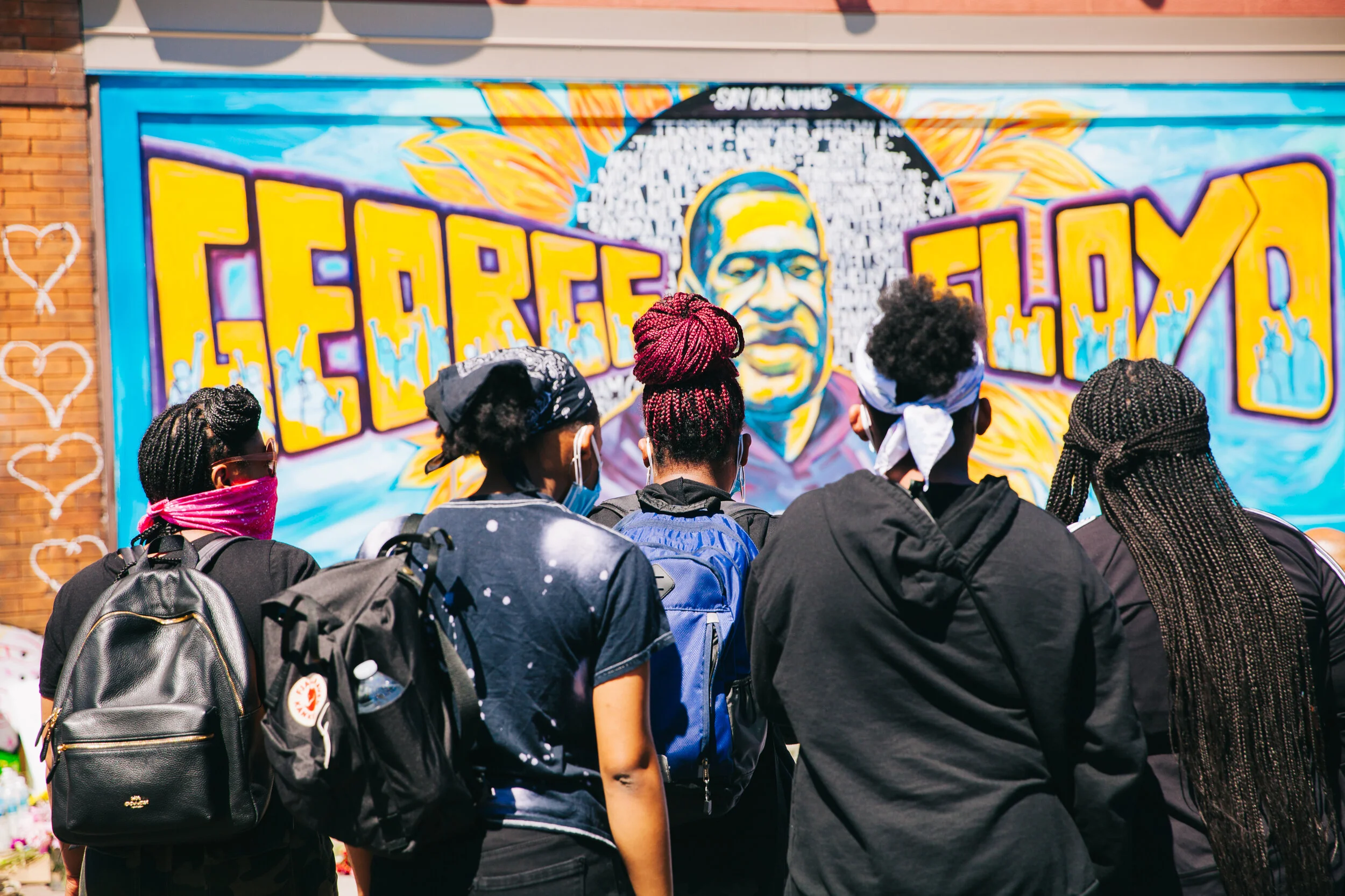In Troubled Times, Here Are Four Funders Standing With Vulnerable Communities
/The solutions Project was a key funder of the standing rock movement. photo: arindambanerjee/shutterstock
The election of Donald Trump and the policies and rhetoric that followed have shaken up the philanthropic world, like much of America. Lower-income communities, people of color, immigrants, the LGBTQI community and many other populations philanthropy often supports are under attack with heightened intensity.
According to one survey, almost 30 percent of foundations said they are modifying their programmatic goals in some way in the Trump era. We've seen some funders increase their payout rates, and several have launched rapid-response funds to meet urgent needs. (See IP’s full coverage at the Trump Effect.)
Related:
- Philanthropy is Neglecting Poor Communities, But What About the Influx of New Funders?
- "No Time for Business as Usual." How a Progressive Funder is Changing in the Trump Era
But philanthropy doesn’t always shine when it comes to serving marginalized communities, whether because of rigid policies, paternalistic attitudes or lackluster commitments. Improving that performance is the mission of the National Committee for Responsive Philanthropy and its Impact Awards seek to answer a question that’s sadly more relevant than ever: When it comes to empowering marginalized communities, who is getting it right?
Of the 2017 awardees, there’s one in particular that we’ve been following pretty closely—Mark Ruffalo’s The Solutions Project, which grew from a celebrity's passion to a full-blown change maker challenging the philanthropic status quo.
NCRP awarded Solutions this year primarily for its early and influential support of the Standing Rock Sioux Tribe's resistance to the Dakota Access pipeline. It was one of a small set of funders involved in the early days of the demonstrations, supporting the movement’s growth and connecting other funders that sought to help.
Related:
- "Ripple Effect." What Might Standing Rock Mean for Native American Funding?
- "There's a Real Opportunity for Funders to Learn Here." Lessons from Standing Rock
Groundswell Fund is another player making serious waves with its support for long-term capacity building among organizers. NCRP chose Groundswell in particular for its intersectional approach in a field known for its stubborn silos. While the funder is focused primarily on reproductive justice, it takes a “multi-issue, multi-identity solidarity approach” that aims to build lasting power across the causes of civil rights, racial justice, criminal justice, immigrant justice and LGBTQI rights.
Another recipient, Foundation for Louisiana, has a powerful story of successfully working to reform jails in New Orleans and move policy to reduce the number of prisoners in the state system. Foundation for Louisiana similarly worked closely with other funders to rally support and leadership behind these efforts, and President Flozell Daniels, Jr. served on the governor’s Justice Reinvestment Task Force.
Related: Equity in Oregon: Here’s a New Opportunity for Local Groups
Finally, the Meyer Memorial Trust took home an award for radical internal shifts that were heavily informed by the nonprofit community in its home base of Oregon. The once fairly traditional local funder transformed itself, shifting to an equity focus and overhauling grantmaking, organizing others in the sector, and changing the ways it hires and pays staff, even how it selects vendors.
To read more about the awardees, and browse winners from the previous four years, check out NCRP.







































